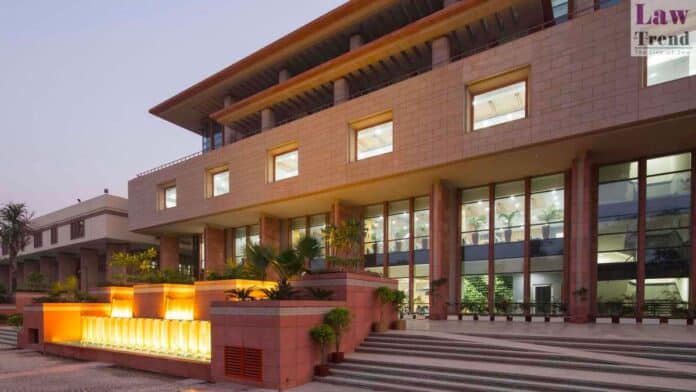Gag orders should be passed only when it is necessary to prevent substantial risk to the fairness of a trial, Delhi High Court has said while observing that reporting of judicial proceedings does not tend to impair the court’s ability to determine true facts.
Justice Subramonium Prasad said one has to carefully see the nature of the publication and find out whether its content will cause prejudice to the trial of a case or not.
The high court said, “Prejudice by a publication can be of two categories — one which tends to impair the court’s impartiality and the other which prejudices the court’s ability to determine true facts.”
The observations came on January 25 while dismissing with costs of Rs 10,000 a man’s plea seeking gag orders against two leading newspapers.
It said the costs amount shall be paid to the Armed Forces Battle Casualty Welfare Fund for wasting the court’s judicial time.
Petitioner Ajay Kumar sought directions to these newspapers to conceal his identity while circulating news or any article published by them.
He alleged that the two newspapers published an article naming him at the behest of a police officer to prejudice a case filed by his mother against the officer.
Kumar further claimed that the police officer briefed the journalists regarding a case pending before a consumer forum in Lucknow.
Also Read
The high court said the petition was nothing but a complete abuse of the process of law by the petitioner and a reading of newspaper cuttings does not give any indication that it pertains to any consumer complaint in which he is involved.
A reading of the newspaper cuttings also does not indicate that it is in any way connected to the writ petition filed by the petitioner’s mother.
“Merely because a publication pertains to a court proceeding, this court cannot come to a conclusion that the publication either tends to impair the impartiality of the court or affects the ability of the court to determine the true facts,” the court said.
“It is well settled that gag orders should be passed only when it is necessary and to prevent substantial risk to fairness of a trial,” it added.




